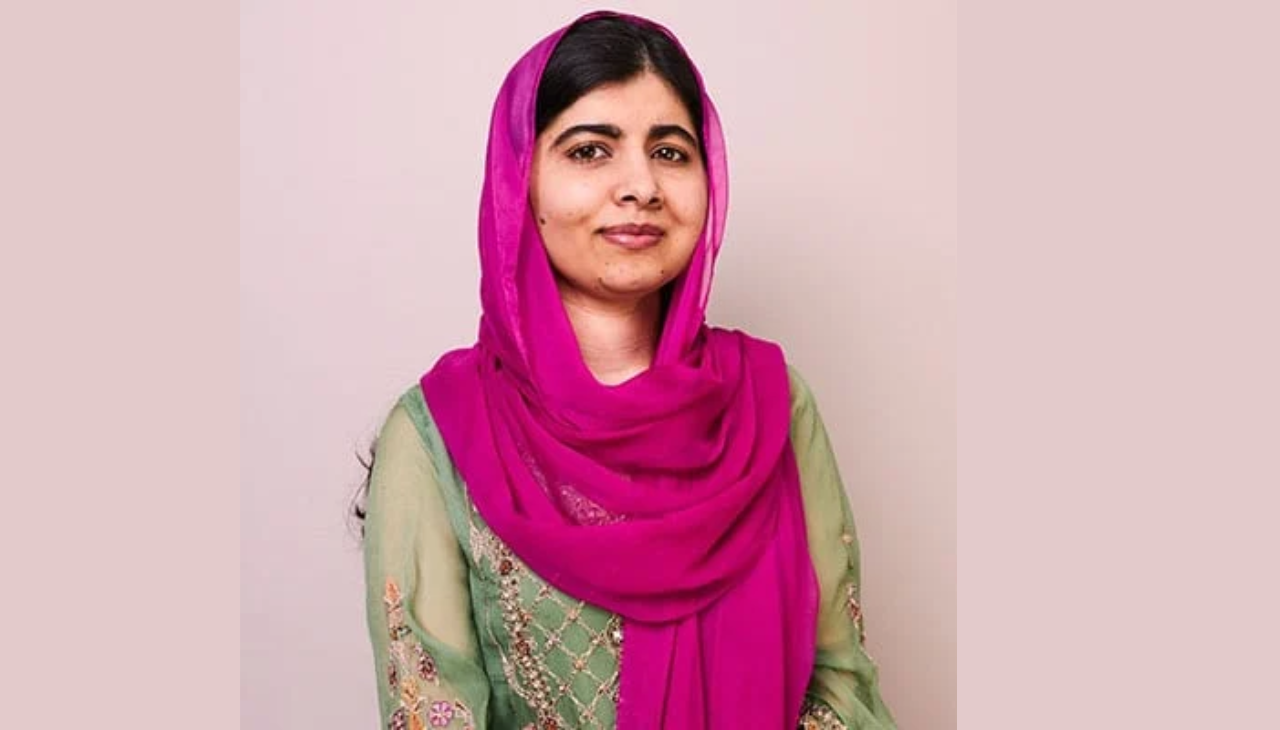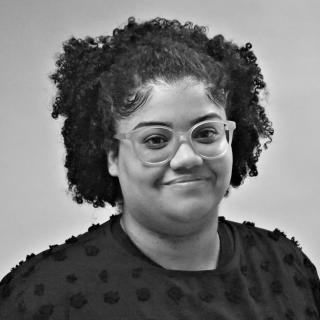
Pennsylvania Conference for Women with Keynote Speaker Malala Yousafzai
The PA Conference for Women was held October 6th & 7th drawing some of the most influential women, creatives, advocates, and professionals
The Pennsylvania Conference for Women, held October 6th and 7th, was able to host in-person conferences with incredible speakers and inspirational women—Tabitha Brown, Jane Fonda, Arianna Huffington, Lily Tomlin, Tamala Edwards, Alicia Vitarelli, and Aminatou Sow. This group of women kicked off the conference October 6th, which provided opportunities for networking, interactive opportunities, and the experience to hear from these amazing, talented, innovative women.
The Virtual Conference did not disappoint, drawing some of the most influential women, creatives, advocates, and professionals in their respective industries— Malala Yousafzai, Lisa Ling, Marlee Matlin, Amy Gallo, and Mónica Guzmán to name a few.
The conference provided excellent moments of self-reflection and how ‘we as women’ can inspire one another and elevate the foundation we have built.
“I like to remind young girls when they say ‘I want to be just like you,’ you should be just like you. But as good as I am at being me,” Dr. Kizzmekia Corbett, Lead Scientist in Covid-19 mRNA Vaccine Development and TIME Hero of the Year & Advocate for Diversity in STEM emphasized.
Empowering women consists of uplifting them for being their authentic, charismatic, hardworking self. Marlee Matlin, Award-winning Actress & Disability Rights Advocate reminded us that “barriers of inclusion and access should never stop any of us from following our dreams.”
A research conducted in 2020 reported nearly 7 million disabled students were struggling with adjusting to virtual learning as the pandemic interrupted in-person learning. Students with disabilities are not easily equipped to transition, in part because the system tends to overlook educational barriers within this student population.
“Though the world thinks I live in a world of silence, silence is the last thing the world should ever hear from me,” Marlee Matlin assured.
RELATED CONTENT
Later on, Malala Yousafzai, Nobel Peace Prize winner and Co-founder of Malala Fund, explained the importance of education for women. Malala is a well-known Pakistani education activist and a symbolism of resilience for many. In October 2012, Malala was shot on the left side of her head by the Taliban for previously publicly speaking on behalf of girls’ rights to education. Ten days later, she woke up in Birmingham, England where she endured several surgeries and rehabilitation. Despite nearly dying, this incident propelled Malala to fight ‘until every girl could go to school.’
“I never expected myself to be a leader for girls’ education for women’s rights. I did know that I wanted to do something I did not want to stay inactive,” Malala Yousafzai explained.
The threat to girls’ education, especially secondary education in Afghanistan continues to be dangerous. In August 2021, after seizing power, Taliban leaders prohibited secondary schools for girls, making Afghanistan the only country in the world that prohibits girls’ access to education. UNICEF reported “3.7 million children are out of school in Afghanistan—60% of them are girls.” The lack of sanitation facilities in the few schools available to girls further affects their ability to attend.
However, educational issues arise even in developed nations like in the U.S of America, where women’s rights are in great peril. Also, book banning has become a norm and access to women’s issues topics are no longer actively discussed in a desperate attempt to censor women’s stories.
“The situation is much better for women in some of these countries [America, U.K, and Western countries]. But at the same time, realizing that even in countries like the U.S progress is not guaranteed. It is not linear either and there could be major setbacks in which the basic human rights of women are denied— this is the time women come together and support each other,” Malala explained.











LEAVE A COMMENT:
Join the discussion! Leave a comment.